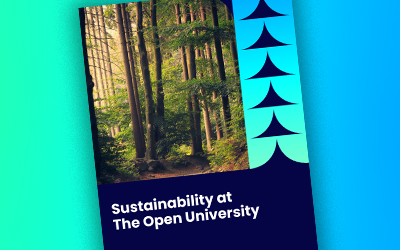You are here
- Home
- Explore Projects
- Exploring potential opportunities of servitization for environmentally sustainable transportation networks in the UK
Exploring potential opportunities of servitization for environmentally sustainable transportation networks in the UK

Road transport is the most common mode in the UK for transporting goods. Heavy goods vehicles (HGVs) and vans (also known as light goods vehicles) contribute to 35% of domestic transport emissions in the UK. Consequently, various efforts have been made in Europe and the UK to enhance environmentally sustainable road transport networks.
The electrification of vans, which are involved in logistics and transportation activities within the context of last-mile logistics, has been underway for the past 10–15 years. The decarbonization of freight transport, focusing on developing zero-emission technology for HGVs, has gained momentum in recent years. Electric highways are also emerging as examples of sustainable initiatives. However, several challenges, such as infrastructure costs, a lack of critical know-how, and a gap in the required skill sets, may impede the successful transition to low-emission technologies.
To effectively address the challenges that arise during the transition to road freight transport, it is crucial to understand the specific circumstances of stakeholders and how they can contribute to and expedite the adoption of environmentally sustainable road transport networks.
As servitization proves to be an effective way of providing innovative solutions to network members, we aim to explore how it can contribute to achieving zero-emission transportation. Additionally, we will investigate the roles that policymakers and other stakeholders can play in creating environmentally sustainable transport networks in the UK.
Click here for more information about this project.

More Sustainability Projects
Leading examples of how the OU’s pioneering sustainability research is actively protecting and regenerating our planet.

Download the Sustainability brochure
Read about sustainability projects at the OU.

Get in touch
Email Gillian Hosier or call on 01908 858285 to discuss this project